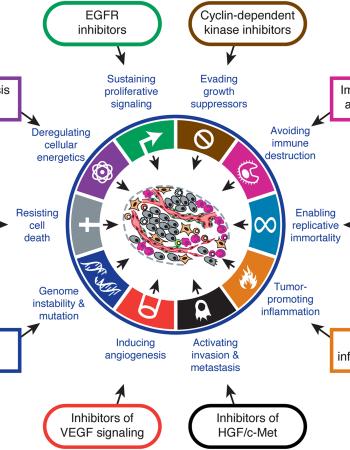Leveraging sodium alginate - nickel oxide - berbamine hybrid nanomaterials (HNMs) by assessing the cytotoxicity-mediated oxidative stress in Hep3B cell lines
Liver cancer is often highly fatal due to poor prognosis. The treatment approaches are continuously evolving with the advancements in technology. The present study is designed to synthesize a hybrid nanomaterial (HNM) using berbamine, sodium alginate (SA), and Nickel oxide (NiO) and to assess the anticancer activity against Hep3B Cell lines. The compound of interest in the present study is berbamine, which is synthesized as an SA-NiO-Berbamine HNMs using chemical synthesis. The cytotoxicity of synthesized SA-NiO-Berbamine HNMs on Hep3B cells was assessed by an MTT assay, AO/EB staining, and antioxidant potential. The hybrid nanoparticle comprising SA-NiO-Berbamine HNMs was synthesized and confirmed by basic characterization using UV, FT-IR, DLS, EDAX, SEM, TEM, and XRD. The anticancer potential of the nanocomposite was confirmed by MTT assay and AO/EtBr staining in the Hep3B cell line. Further, the antioxidant potential was also evident from the results obtained by analyzing the CAT, SOD, GSH, and MDA. From the results obtained, it is clear that the hybrid nanoparticles containing berbamine can induce apoptosis in liver cells (Hep3B) and can act as a promising drug candidate against cancer.

This research introduces a new hybrid material for potential cancer treatment. It combines carbon nanotubes decorated with copper nanodots and Arabic gum through an electroless reduction…

Background: Nanotechnology has emerged as a novel research area to address the several problems associated with existing cancer treatments.

Liver cancer is often highly fatal due to poor prognosis. The treatment approaches are continuously evolving with the advancements in technology.

